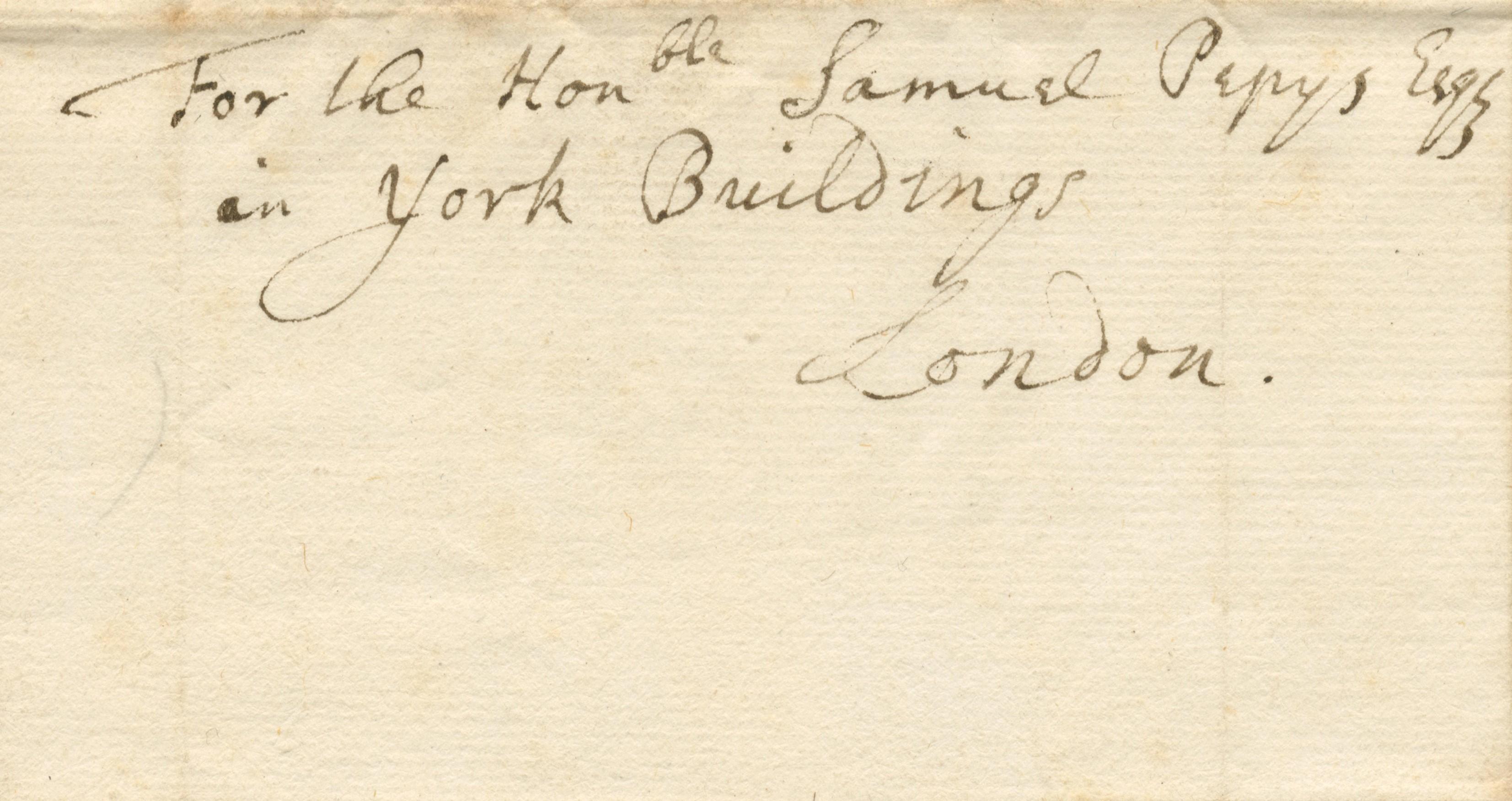NEWTON, Sir Isaac (1642-1727). Autograph manuscript, n.d., notes of differing classical views ON GRAVITY AND THE STRUCTURE OF THE UNIVERSE, the majority drawn from Plutarch, citing the opinions of the Pythagoreans, Democritus, Aristotle, Plato, Epicurus and others, in Latin and Greek, 4 pages, 4to (192 x 148mm), on a bifolium, in both orientations (one marginal tear, approx 60mm). Provenance : Sotheby's, 29 June 1982, lot 278 (part).
NEWTON, Sir Isaac (1642-1727). Autograph manuscript, n.d., notes of differing classical views ON GRAVITY AND THE STRUCTURE OF THE UNIVERSE, the majority drawn from Plutarch, citing the opinions of the Pythagoreans, Democritus, Aristotle, Plato, Epicurus and others, in Latin and Greek, 4 pages, 4to (192 x 148mm), on a bifolium, in both orientations (one marginal tear, approx 60mm). Provenance : Sotheby's, 29 June 1982, lot 278 (part). 'ITS NATURAL MOTION OF ATTRACTION [I.E. GRAVITY] WORKS ON EVERY SINGLE THING': Newton compares classical views on gravity and the structure of the universe, including Anaximander's view that the universe is infinite, the curious opinions of the Pythagoreans on the moon ('inhabited by greater and more beautiful animals'), the milky way and comets, on the need for a centre of gravity for an infinite universe ('Qui Universum infinitum statuunt ii dari locum medium seu centrum in quod gravia omnia ferantur'), a citation from Plato ('whatever has corporeal weight is borne downwards'), the condemnation for impiety of Anaxagoras 'because he said the sun was made of stone'; the second sequence of citations include a number of long translations into Latin from the original Greek of Plutarch's dialogue 'On the face in the orb of the moon', especially on the composition of the moon, and the role of gravity in its keeping its orbit: 'Atqui Lunae auxilio est ne cadat motus et ejus impetus ... Nam motus naturalis conveniens [i.e. gravitas] unamquamq[ue] rem agit si non ab alia aliqua re alio avertatur. Itaque Lunam gravitas non movet cum a conversione circulari ejus motus non profligetur' [Now its motion and impetus help the moon not to fall ... For its natural motion of attraction [i.e. gravity] works upon every single thing if it is not redirected elsewhere by some other thing. Therefore gravity does not move the moon since its motion is not brought down from its circular orbit]. The essay 'On the face which appears in the orb of the moon' (usually known by the Latin title 'De facie in orbe Lunae') is essay 63 in Plutarch's Moralia .
NEWTON, Sir Isaac (1642-1727). Autograph manuscript, n.d., notes of differing classical views ON GRAVITY AND THE STRUCTURE OF THE UNIVERSE, the majority drawn from Plutarch, citing the opinions of the Pythagoreans, Democritus, Aristotle, Plato, Epicurus and others, in Latin and Greek, 4 pages, 4to (192 x 148mm), on a bifolium, in both orientations (one marginal tear, approx 60mm). Provenance : Sotheby's, 29 June 1982, lot 278 (part).
NEWTON, Sir Isaac (1642-1727). Autograph manuscript, n.d., notes of differing classical views ON GRAVITY AND THE STRUCTURE OF THE UNIVERSE, the majority drawn from Plutarch, citing the opinions of the Pythagoreans, Democritus, Aristotle, Plato, Epicurus and others, in Latin and Greek, 4 pages, 4to (192 x 148mm), on a bifolium, in both orientations (one marginal tear, approx 60mm). Provenance : Sotheby's, 29 June 1982, lot 278 (part). 'ITS NATURAL MOTION OF ATTRACTION [I.E. GRAVITY] WORKS ON EVERY SINGLE THING': Newton compares classical views on gravity and the structure of the universe, including Anaximander's view that the universe is infinite, the curious opinions of the Pythagoreans on the moon ('inhabited by greater and more beautiful animals'), the milky way and comets, on the need for a centre of gravity for an infinite universe ('Qui Universum infinitum statuunt ii dari locum medium seu centrum in quod gravia omnia ferantur'), a citation from Plato ('whatever has corporeal weight is borne downwards'), the condemnation for impiety of Anaxagoras 'because he said the sun was made of stone'; the second sequence of citations include a number of long translations into Latin from the original Greek of Plutarch's dialogue 'On the face in the orb of the moon', especially on the composition of the moon, and the role of gravity in its keeping its orbit: 'Atqui Lunae auxilio est ne cadat motus et ejus impetus ... Nam motus naturalis conveniens [i.e. gravitas] unamquamq[ue] rem agit si non ab alia aliqua re alio avertatur. Itaque Lunam gravitas non movet cum a conversione circulari ejus motus non profligetur' [Now its motion and impetus help the moon not to fall ... For its natural motion of attraction [i.e. gravity] works upon every single thing if it is not redirected elsewhere by some other thing. Therefore gravity does not move the moon since its motion is not brought down from its circular orbit]. The essay 'On the face which appears in the orb of the moon' (usually known by the Latin title 'De facie in orbe Lunae') is essay 63 in Plutarch's Moralia .















Testen Sie LotSearch und seine Premium-Features 7 Tage - ohne Kosten!
Lassen Sie sich automatisch über neue Objekte in kommenden Auktionen benachrichtigen.
Suchauftrag anlegen